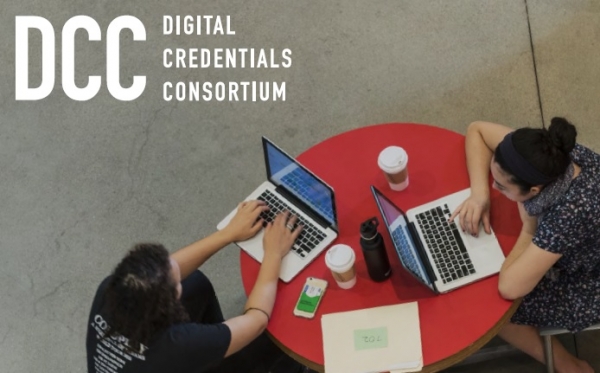SmartDegrees has finished the year 2019 in the best way, with the signing of an ambitious agreement with the Nebrija University. Thanks to this agreement, SmartDegrees will certify by means of its distributed ledger technology, blockchain, all the diplomas issued by this university and, in addition, will do so following the new standard of verifiable credentials, of the European Commission, which allows interoperability between the institutions.
This collaboration culminates a 2019 year of full growth for SmartDegrees, in which the European Commission has provided it with its Seal of Excellence (Horizon 2020 quality certificate – the largest research and innovation program in the European Union – in compliance with its criteria of excellence, impact, quality and efficiency in the implementation), in addition to granting financing to accelerate its expansion. The company anticipates in this way a technology that will become essential in the medium term.
SmartDegrees also already collaborates fluently with the following institutions:
Microsoft for Startups initiative
This innovative and disruptive model has not gone unnoticed and has obtained adherance to Microsoft for Startups initiative, consolidating its university certification platform, by hosting the blockchain nodes in the Azure cloud, improving security and scalability, in addition to multiple advantages for its expansion, for the benefit of universities.
In addition and in order to complement the above, SmartDegrees has expanded its services, incorporating a business strategic consulting activity, which it develops through SmartDegrees Consulting.
SmartDegrees began providing its services for the registration and certification of blockchain degrees at the University Carlos III de Madrid, in July 2018, to help university graduates in the labor market, promoting services around the degree and guaranteeing the validity of diplomas.

